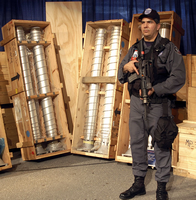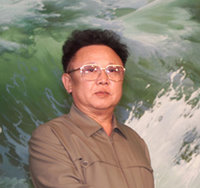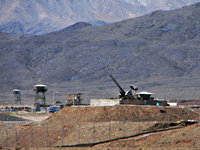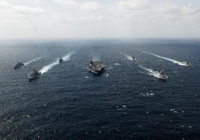
Cuba became the 54th national government to accede to the U.N.’s Nuclear Terrorism Convention on June 17, in a move meant to burnish the island nation’s counterterrorist credentials, which have been contested by the United States and other foreign governments. In depositing Havana’s instrument of accession to the International Convention for the Suppression of Acts of Nuclear Terrorism, as the convention is formally known, the Cuban mission to the U.N. issued a statement affirming the Cuban government’s “irrevocable commitment to the fight against terrorism under in all its forms and manifestations.” The Cuban government also exploited the occasion to contest […]




